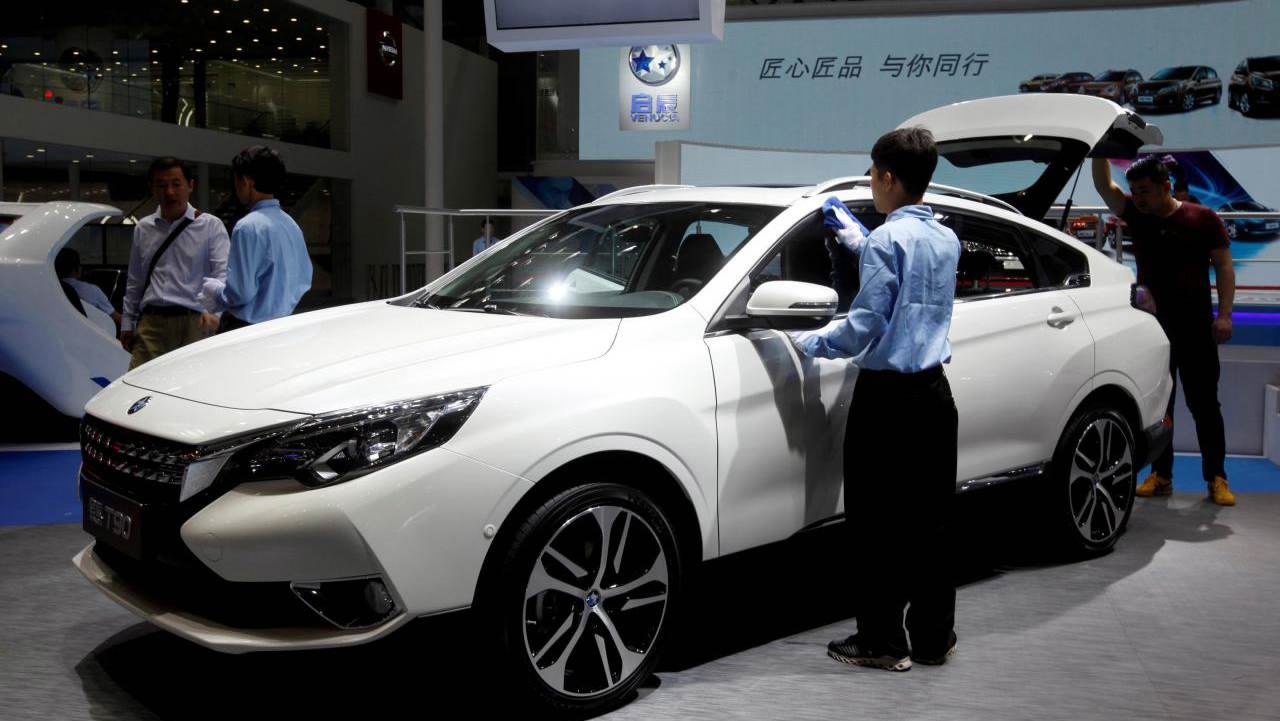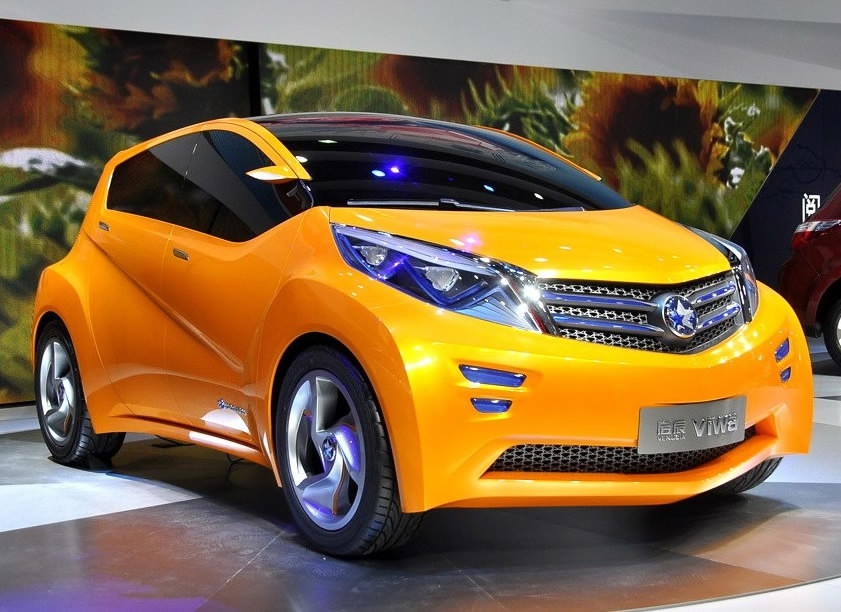
Business
14:11, 05-Feb-2018
Nissan eyes top three spot in China with electric vehicle push
CGTN

Nissan Motor Co plans to invest 60 billion yuan (9.5 billion US dollars) in China over the next five years with its joint-venture partner as it seeks to become a top three automaker in the world’s biggest market.
Long stuck as a second-tier player in China, Nissan and Dongfeng Group said on Monday they plan to boost their volume to 2.6 million vehicles a year by 2022, up from 1.5 million vehicles last year.
Nissan plans to achieve the objective, dubbed its “Triple One” strategy, by focusing on electric cars and Venucia, a no-frills local brand Nissan operates in China. It also aims to boost sales of light commercial vans and trucks.
China’s auto market has been dominated by General Motors Co and Volkswagen AG for nearly two decades, with each of them selling 4 million vehicles last year. Nissan, along with Toyota Motor Corp , Ford Motor Co, and Honda Motor Co, lag far behind, each selling 1 million-plus vehicles a year.
“We aim to break away from this second-tier group and become a top-3 China automaker,” Nissan’s China chief Jun Seki said in an interview.
Part of the strategy is to keep growing the Nissan brand and the company’s premium Infiniti brand, Seki said.
It also plans to boost Infiniti’s annual sales by 100,000 vehicles to about 150,000 vehicles a year by 2022.
Seki said the joint venture will launch as many as 20 electrified vehicle models across all brands in an effort to sell roughly 700,000 such cars a year by 2022 excluding electric light commercial vehicles, using a combination of all-electric battery vehicles and so-called “e-Power” hybrids.

Dongfeng-Nissan Venucia Viwa concept debuts on the Shanghai Auto Show./ Reuters Photo
Dongfeng-Nissan Venucia Viwa concept debuts on the Shanghai Auto Show./ Reuters Photo
“Venucia is our clear advantage and we are going to milk it to grow rapidly,” Seki said.
Automakers are scrambling to launch an array of electric and plug-in hybrid vehicles over the coming years, in part to comply with China’s production quotas for such cars. Nissan’s joint venture with Dongfeng sold about 22,000 electric vehicles last year, but they were mostly light commercial e-vans.
In order to generate large enough EV volume, Nissan plans to come up with lower-cost electric cars by locally sourcing electric motors and other key EV components from suppliers in China.
In 2019, Nissan for example plans to launch three such lower-cost EVs under the Venucia name. “We expect EV and e-power hybrid business to become profitable,” Seki said, without elaborating.
Source(s): Reuters

SITEMAP
Copyright © 2018 CGTN. Beijing ICP prepared NO.16065310-3
Copyright © 2018 CGTN. Beijing ICP prepared NO.16065310-3